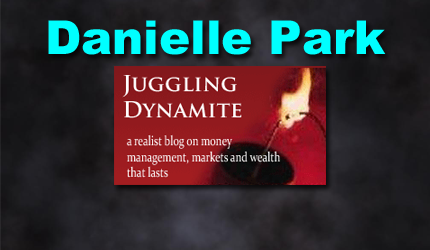November 3, 2025 | Plan To Downsize Housing For Retirement? You Aren’t Alone

According to Statistics Canada’s 2024 population estimates, there are roughly 9.3 million Baby Boomers in Canada (born 1946-1964), now aged 61 to 79, and comprising 23% of the population. The final 25% of the group (2.2–2.4 million, born 1961-1964) will be turning 65 over the next three years (2026-2029).
Similar ratios apply in America, where the latest U.S. Census Bureau counted 71 million Baby Boomers, and the last quarter of them (15–17 million, born 1961–1964) will turn 65 from 2026 to 2029.
In other words, by 2030, the entire Boomer cohort will be over age 65.
Recent studies (from BMO, RBC, and Angus Reid) report that roughly half of unretired Canadian homeowners plan to sell their primary residence (fully or partially) to fund their retirement — significantly higher than the 36–40% reported a decade ago.
A similar Re/Max poll conducted last year found that one-third of Canadians are relying on their home as their only financial plan for retirement.
Reliance is highest among the youngest boomers (turning 65 over the next three years) and Gen X (about 8 million Canadians born 1965–1980, turning 65 from 2030-2045), who often have high home equity but inadequate registered or workplace savings.
These trends are related. Because home prices inflated much faster than incomes over the past 15 years, Canadians have borrowed more and saved less for retirement and other needs. In the process, home equity has become the dominant household asset, and it comes with high property taxes, maintenance, and utilities.
The need to reduce overhead and increase capital encourages the masses to see housing wealth as retirement savings, even though it’s illiquid until sold.
AI astutely summarizes the implications of these dynamics as follows:
- Concentration risk: Many Canadians are effectively “all-in” on one asset class (residential real estate), leaving their retirement income dependent on future housing market conditions.
- Timing risk: If selling coincides with a soft market (e.g., during rate-cut recessions or demographic downsizing waves), expected proceeds may disappoint.
- Policy implications: As the population ages, more simultaneous home sales could increase housing supply and weigh on prices in certain regions (e.g., Ontario, BC).
- Advisory takeaway: For portfolio managers, it’s crucial to help clients model realistic after-tax, after-transaction net proceeds and consider diversification well before they need to sell.
If you’re counting on the equity in your home to finance your retirement, then you’re vulnerable to declining property values. At the same time, non-housing retirement savings are also exposed to a dangerously inflated financial market bubble.
Simultaneous bubbles are a brutal landscape, especially for those in or within a decade of retirement; see, While we fret over a stock bubble, the one in housing has already burst:
Perhaps the stock market is in a bubble that will end badly. Meanwhile, many Canadians are enduring a correction that is already taking a toll on their financial health.
Home prices in Canada have been grinding lower for 3½ years and counting. And still, the long-awaited rebound has yet to materialize.
…From January, 2005, up to the housing market’s peak, the average home price more than tripled in Canada, topping out at about $820,000.
One side effect of a two-decade property boom is that it increasingly put Canadians’ homes front and centre of their finances.
Even after the correction, real estate accounts for more than 40 per cent of total household assets, according to Statistics Canada data. (It peaked at 46 per cent, see chart below).
Even though Canadians have record high levels of stock-market exposure, equities make up just 26 per cent of the average Canadian’s total assets.
Clearly, Canadians’ financial well-being is much more dependent on the housing market than the stock market.
This is especially true of lower and middle-income Canadians, since stock ownership is heavily skewed to wealthier brackets.
Understanding where we are is critical in planning for where we hope to be. Resisting groupthink and proactively managing risk are highly recommended.
STAY INFORMED! Receive our Weekly Recap of thought provoking articles, podcasts, and radio delivered to your inbox for FREE! Sign up here for the HoweStreet.com Weekly Recap.
Danielle Park November 3rd, 2025
Posted In: Juggling Dynamite
Next: Worse Than The 90’s? »












